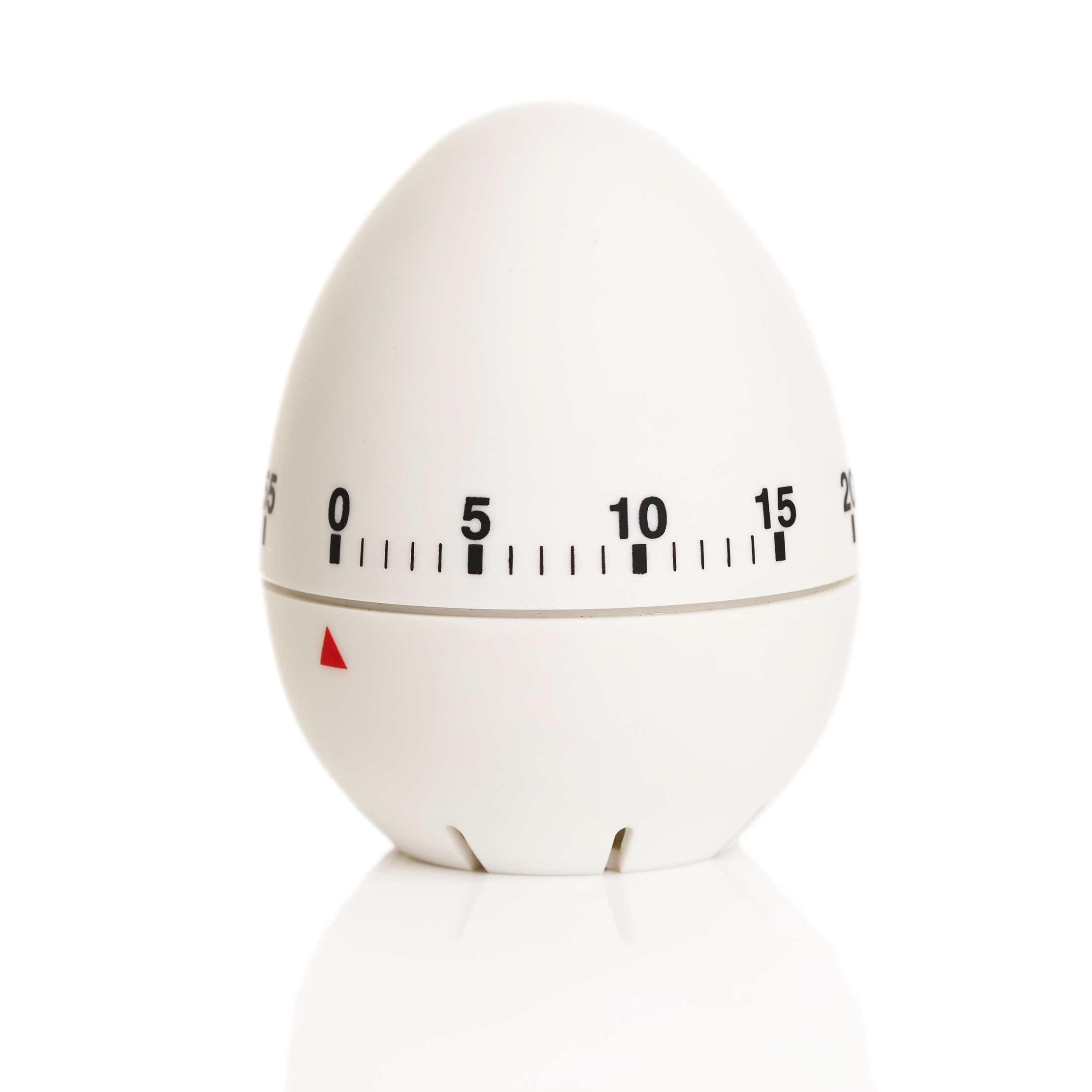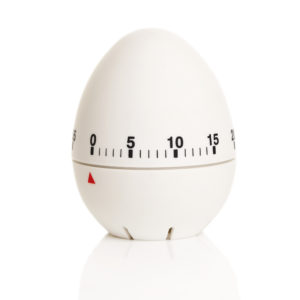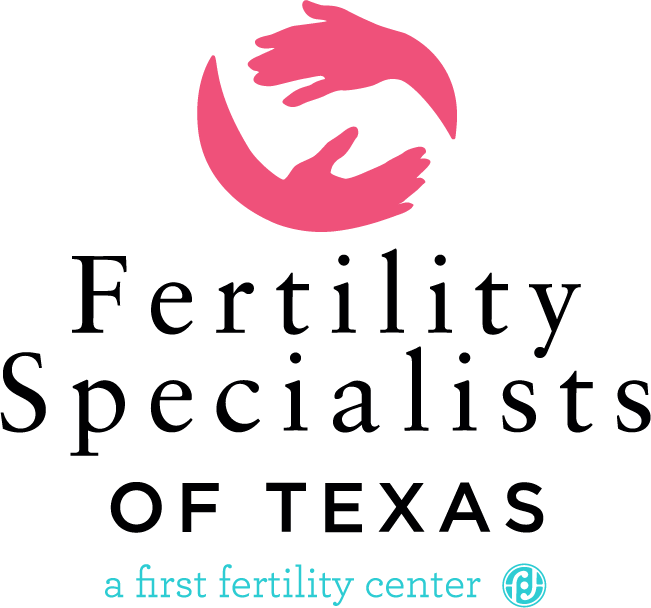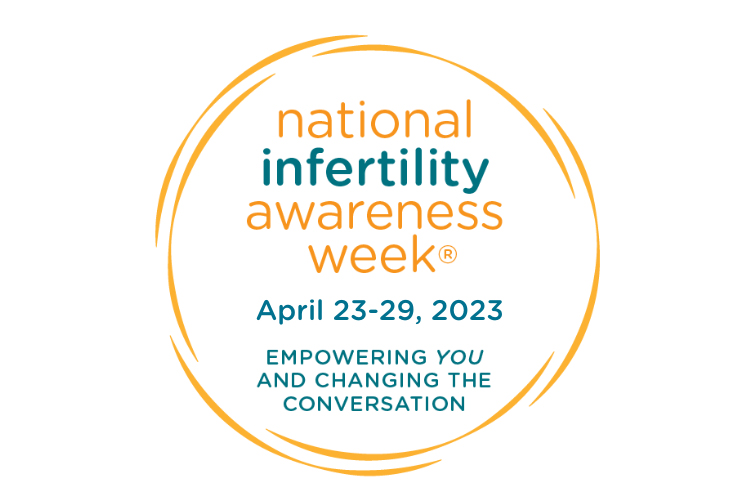
Get answers to your questions about egg quality and quantity decline

Patients who visit Fertility Specialists of Texas often want to know when egg quality and quantity decline. Getting the answer is important for hopeful mothers, as both of these factors can determine a woman’s likelihood of having a healthy baby.
Female fertility typically declines when a woman reaches her mid-30s to late-30s. However, some women may experience this decline a little earlier or later in life. That’s why the team at our Dallas-Fort Worth fertility clinic always orders fertility testing. The results of bloodwork and an ultrasound can reveal vital information about a woman’s egg supply (ovarian reserve).
Discussing the role of age in egg quality and quantity decline
It might seem unfair that men produce sperm throughout their lives, while women are born with all the eggs they will ever have. When a woman reaches puberty she has 300,000 to 500,000 eggs. Her body will recruit several eggs for ovulation each month. However, the body will only release one of them during ovulation. The rest will simply degenerate. For this reason, a woman has fewer eggs (diminished ovarian reserve) over time.
Egg quality also becomes an issue as a woman ages. That’s because older eggs can undergo changes that make them more likely to develop into an embryo with chromosomal abnormalities. These types of abnormalities can cause issues ranging from miscarriage to birth defects.
For these reasons, egg quality and quantity decline start decreasing a woman’s chances of conceiving by the time she reaches her 30s. Her likelihood of having a healthy baby drops even more after age 37. By the time a woman reaches her 40th birthday, she has less than a 5% chance of conceiving each month.
Our team can help if a woman has trouble conceiving due to her eggs
If a woman is having trouble conceiving due to egg quality and quantity decline, our Dallas-Fort Worth fertility clinic has treatments that can help.
IVF can help if a woman still has enough high-quality eggs in her ovaries. This multi-step process involves retrieving several eggs, fertilizing them in the IVF lab and transferring one or more of the resulting embryos to the uterus.
Preimplantation genetic testing (PGT) is a good option for women who are interested in genetic testing for their IVF embryos. It can increase the likelihood of transferring a healthy embryo.
Donor eggs might be the best path to motherhood if a woman cannot develop a healthy pregnancy using IVF and PGT. Our in-house egg donor program makes it easier for a patient to find their perfect donor.
Our Dallas-Fort Worth fertility clinic is here to help make your dream of motherhood come true. Contact us if you have more questions or to schedule an appointment.



